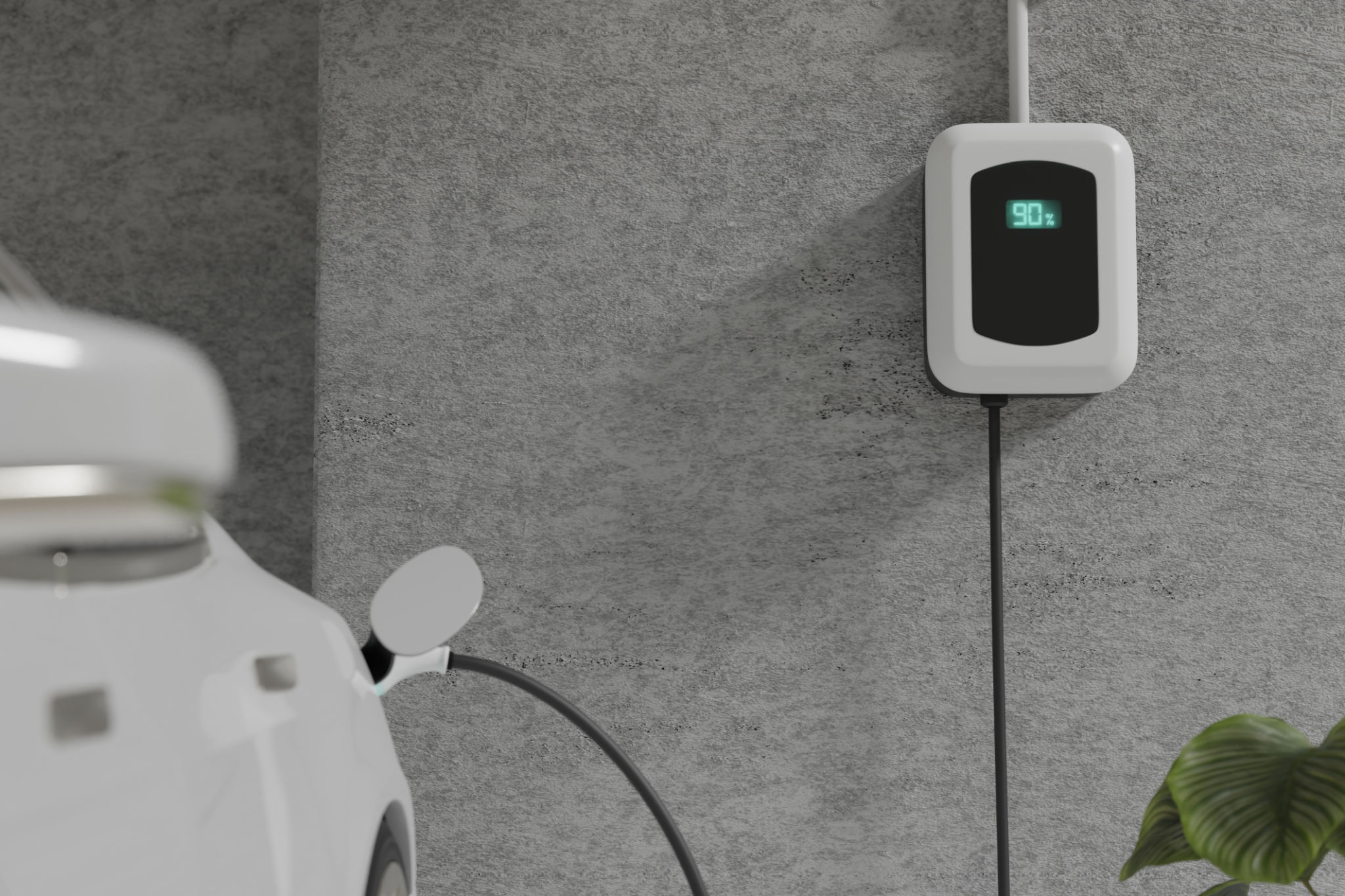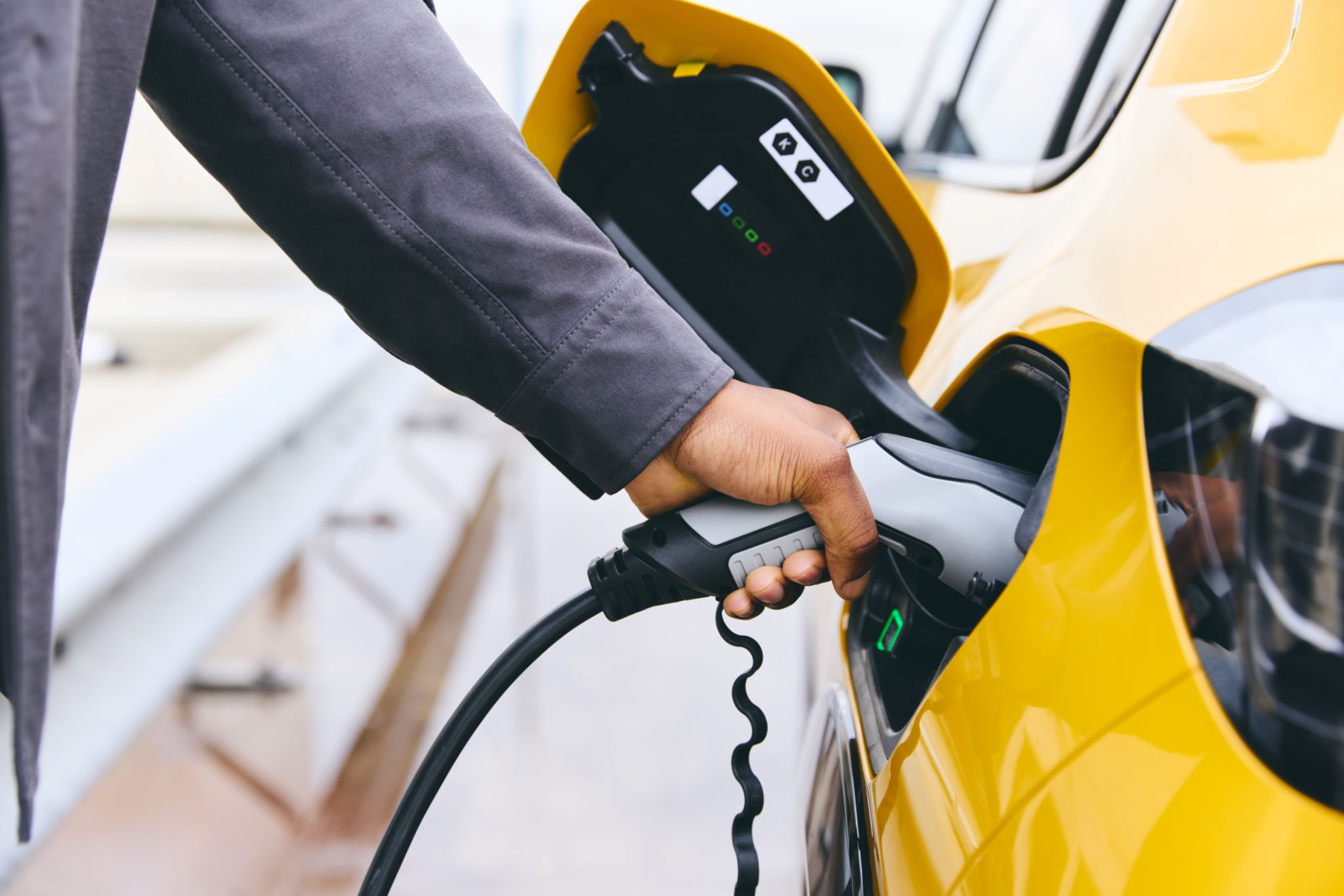How to Prepare Your Home for an EV Charger Installation
Understanding the Basics of EV Charger Installation
As electric vehicles (EVs) become more popular, many homeowners are considering the installation of an EV charger at home. Preparing your home for an EV charger installation involves several steps to ensure a safe and efficient setup. Understanding these basics can help streamline the process and avoid potential pitfalls.

Assessing Your Electrical System
The first step is to assess your current electrical system. It's important to determine if your home's electrical panel can handle the additional load of an EV charger. Most home chargers require a dedicated 240-volt circuit, similar to what is used for large appliances like dryers.
Consulting with a licensed electrician can help determine if your electrical panel needs an upgrade. They can also advise on the best location for the charger to minimize installation costs and maximize convenience.
Choosing the Right Charger
There are different types of EV chargers, and selecting the right one depends on your specific needs. Level 1 chargers are slower but can be plugged into a standard outlet, while Level 2 chargers offer faster charging times but require a dedicated circuit. Consider your driving habits and how quickly you need your vehicle to charge.

Preparing the Installation Site
Once you've selected a charger, the next step is to prepare the installation site. This involves deciding where to place the charger for easy access to your vehicle. Most homeowners choose their garage or driveway as the installation site.
Ensure the chosen location is free from obstructions and provides enough space for both the charger and your vehicle. Additionally, check for any potential safety hazards such as water exposure or tripping risks.
Permits and Local Regulations
Before proceeding with installation, check with your local government to see if any permits are required. Regulations can vary by location, and some areas may have specific requirements for EV charger installations.
Your electrician can often assist with this process, ensuring all necessary permits are obtained and that the installation complies with local building codes.

Scheduling Professional Installation
Hiring a professional installer is crucial for ensuring a safe and efficient EV charger setup. A trained technician will handle all aspects of the installation, from wiring to setting up the charger itself, ensuring it operates correctly.
It's wise to schedule the installation at a time that is convenient for you while keeping in mind any wait times for permits or inspections.
Testing and Maintenance
After installation, it's important to test the charger to ensure it's working properly. Your installer should demonstrate how to use the system and offer tips on maintaining it. Regular maintenance checks can help prevent issues down the line and ensure your charger remains in good working condition.

Enjoying the Benefits of Home Charging
With your new EV charger installed, you can enjoy the convenience of charging your vehicle at home. This not only saves time but can also be more cost-effective than public charging options.
By following these steps, you'll be well-prepared for your EV charger installation, allowing you to make the most of your electric vehicle experience.